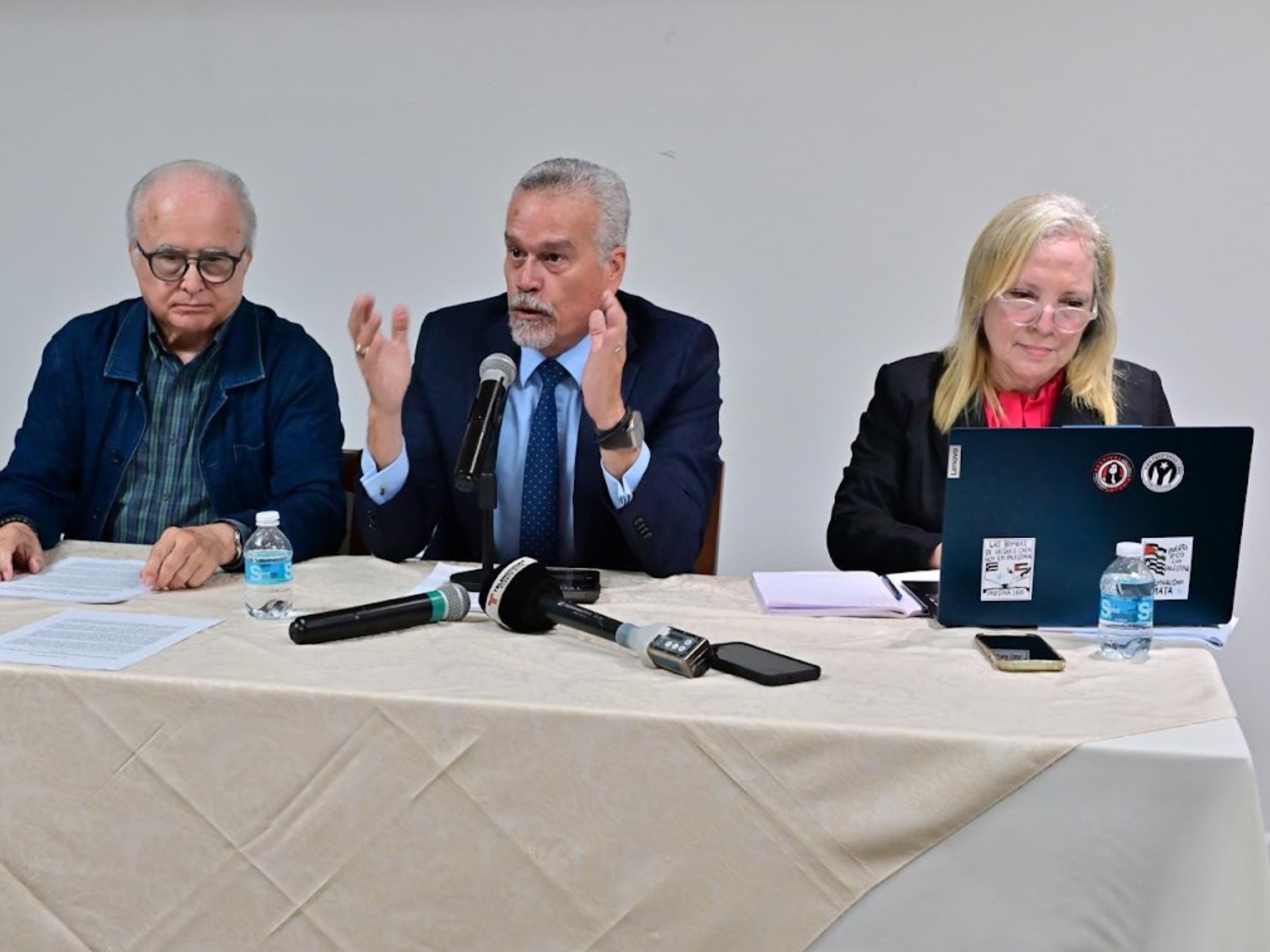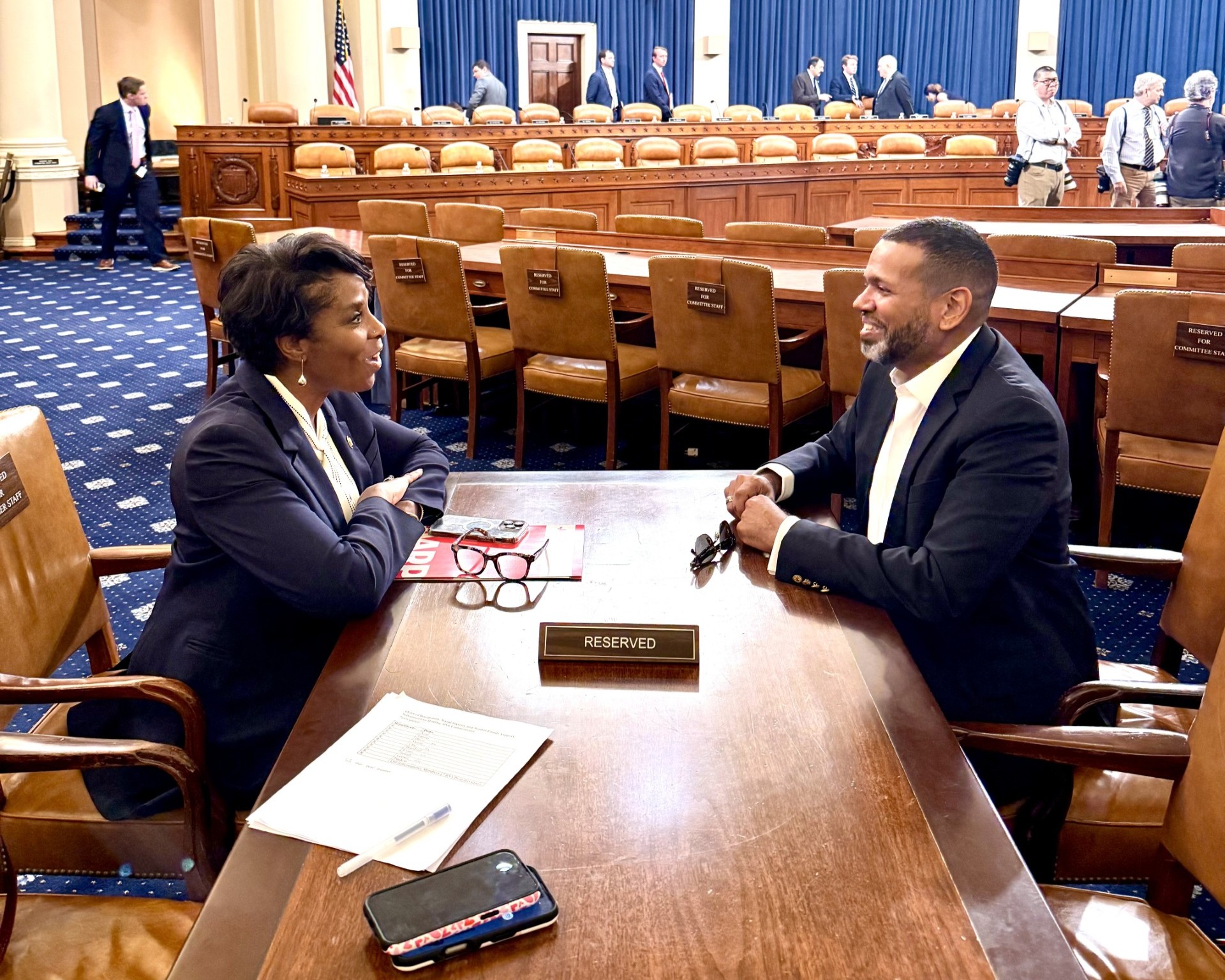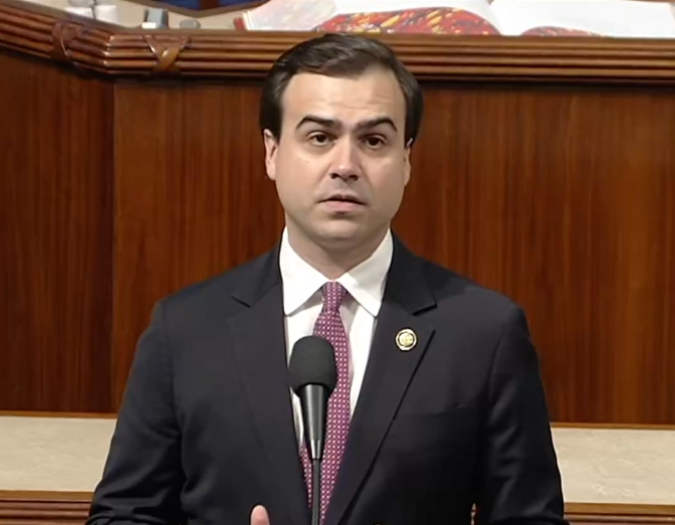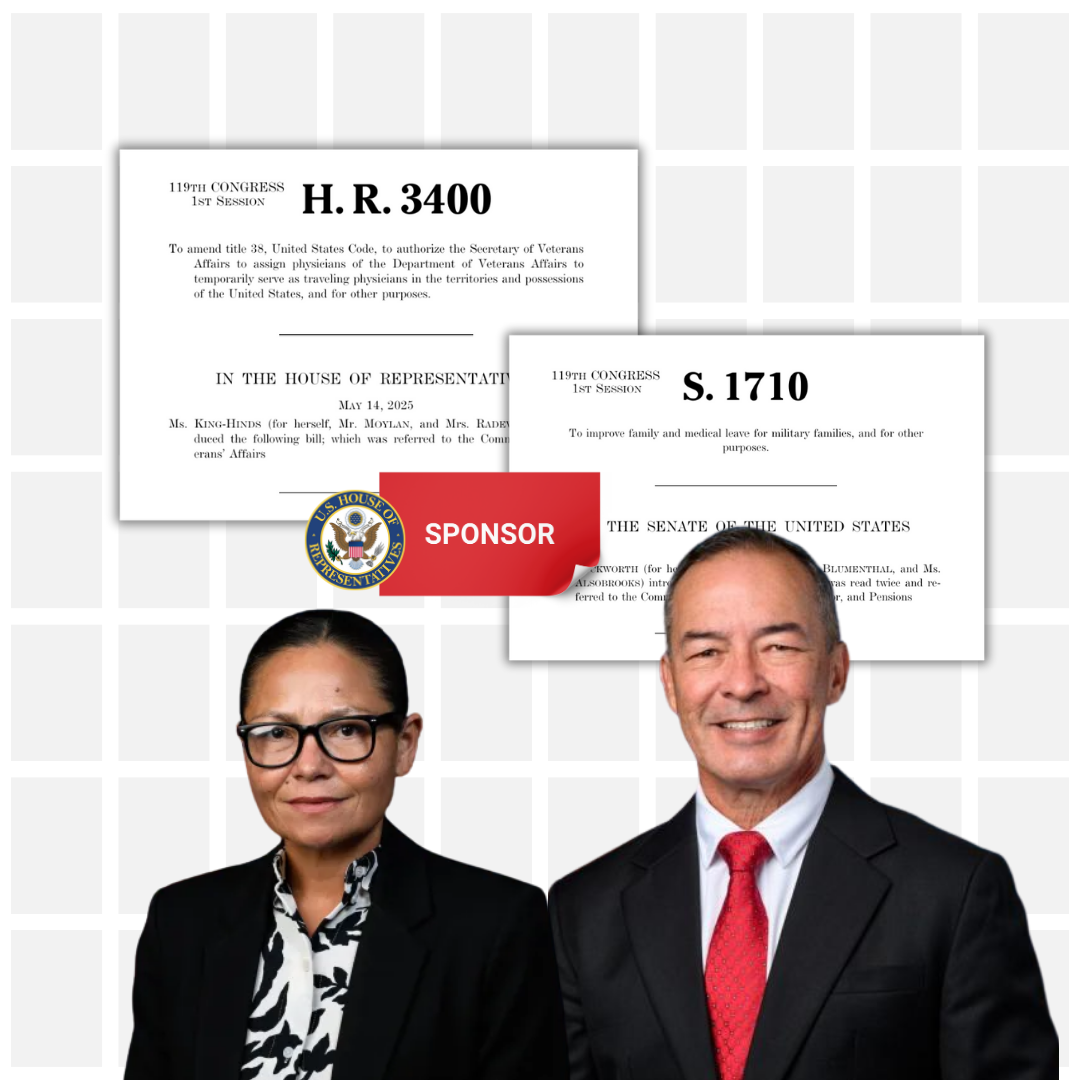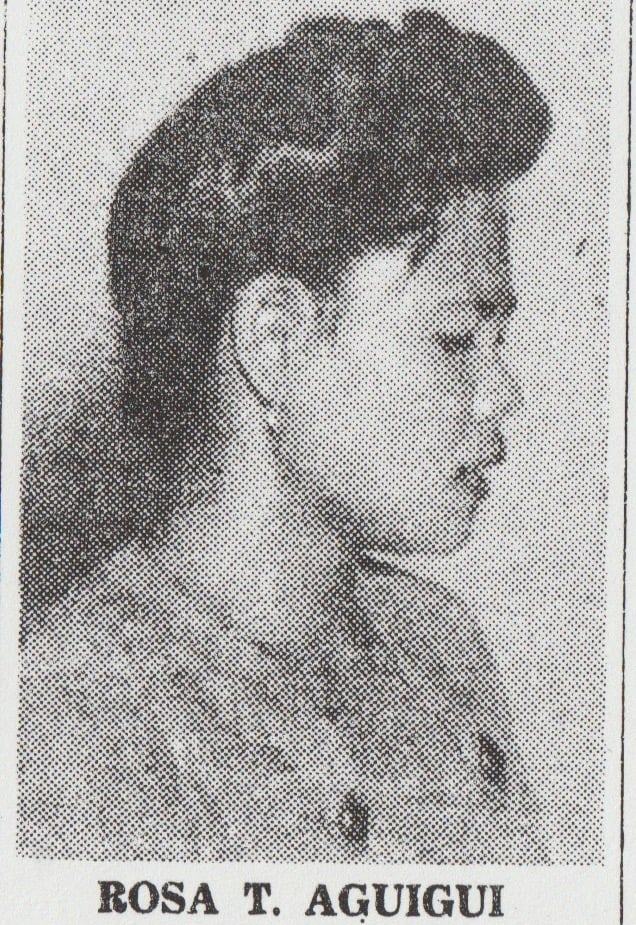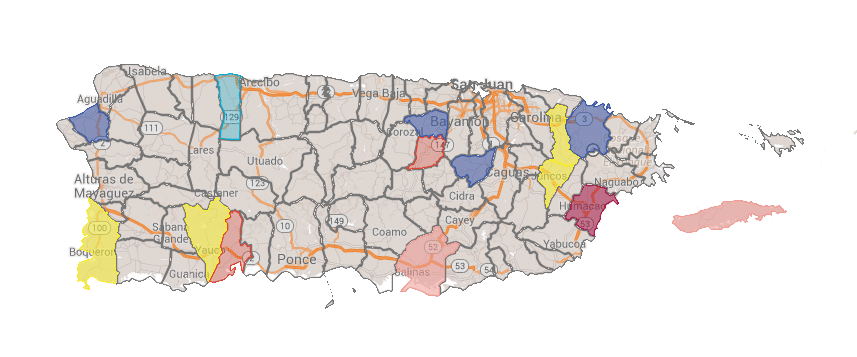Trump manhandled by Clinton in first presidential debate
Clear cut wins and losses are an exceedingly rare occurrence in national politics generally, and even more rare in presidential politics during the critical general election season. Yet, on the night of September 26, 2016, on the grounds of Hofstra University, Hillary Clinton managed to systematically dismantle her Republican opponent, Donald J. Trump with near surgical precision. It was, by many measures, the kind of lopsided, unambiguous victory that voters and pundits alike are unaccustomed to witnessing – the kind of victory that reshapes the perceptions of voters and re-frame the media narrative of the campaign. And it happened at precisely the right time for Hillary Clinton.
With only 42 days left in the race, absentee voting ongoing in states across the nation, and the average of polls showing a quantifiably tighter race than many expected, the pressure on both campaigns was at a fever pitch leading up to the event.
In anticipation of the debate, Clinton campaign surrogates scrambled to lower the bar for a successful performance. Nervous about Trump’s unpredictability and cognizant of the palpable double standard for what the chattering class would consider a positive performance for their candidate, the campaign made every effort to downplay expectations while exuding confidence in their preparation.
For their part, the Trump campaign also made a half-hearted effort to manage the expectations of voters by reiterating that Hillary is a seasoned politician and an experienced debater. Their message, however, was undermined by the candidate himself, who repeatedly bragged about not needing to prepare for a debate against Hillary. “I think beating her in a debate would be one of the easy challenges of my life. That, I could say.”
The events that unfolded over the course of the 90 minute long debate, witnessed by over 80 million American television viewers alone, in addition to many more millions online, were nothing short of a catastrophic implosion for the Donald Trump brand of politics. By the end of the night, it had become abundantly clear that one of the candidates was utterly, painfully unprepared for the awesome responsibilities of the Presidency. The other would require no training wheels, whether you agree with her policies or not.
On a night where Donald Trump merely needed to convince voters that he can conduct himself in a “presidential” manner, he instead allowed himself to fall into predictable traps, murmured rambling and often incoherent statements in response to direct questions, interrupted his opponent in addition to the moderator and was forced to play defense for the majority of the night. The degree to which Trump was demolished on both substance and style was as much a surprise to the Clinton campaign as it was to the viewers.
A visibly confident Hillary Clinton did not waste time drawing a stark contrast between herself and her opponent in disposition, substance and aggressiveness. When attacked on economic issues related to trade and taxation, Clinton’s response was piercing.
“I think we come at (our economic approach) it from somewhat different perspectives. I understand that. You know, Donald was very fortunate in his life and that’s all to his benefit. He started his business with fourteen million dollars borrowed from his father and he really believes that the more you help wealthy people, the better off we will be and that everything will work out from there. I don’t buy that.”
Trump’s response, just moments later when asked by moderator, Lester Holt, to explain how he would return outsourced jobs, was as hard to follow when heard aloud as it is when read in text.
“Our country is in deep trouble. We don’t know what we’re doing when it comes to devaluations and all of these countries all over the world, especially China. They’re the best the best ever at it. What they’re doing to us is a very very sad thing. So we have to do that. We had to renegotiate our trade deals and Lester, they’re taking our jobs. They’re giving incentives, they’re doing things that frankly we don’t do.”
This style of erratic, shallow word soup masquerading as political speech might be effective in campaign rallies populated by diehard supporters, but was exposed as woefully inadequate when contrasted with the articulate, coherent and substantive rebuttals of a more knowledgeable opponent sharing the same stage.
As the night progressed, Clinton continued to dish out attack after attack with the grace and tenacity of a woman who had command of the facts and little fear of being counterattacked. Her demeanor at times was simultaneously amused and dismissive, in many ways not unlike an adult brushing aside an intellectual challenge from a child.
“Well, Donald, I know you live in your own reality, but that is not the facts.”
Over and over, Trump was attacked on his business record, the shallow nature of his plans, the divisive rhetoric of his campaign, his ignorance of basic facts, his denial of climate science, the alleged bigotry he normalized and benefits from, and his competence to do the job. With each condemnation or disparaging remark, a discernibly and increasingly aggravated Donald Trump would retaliate with diatribes that did more harm than good. Cornered and outmaneuvered, Trump devolved into a perpetual cycle of repeating circular, hardly intelligible outbursts.
“As far as the cyber, I agree to parts of what Secretary Clinton said. We should be better than anybody else, and perhaps we’re not. I don’t think anybody knows that it was Russia that broke into the DNC. She’s saying Russia, Russia, Russia—I don’t, maybe it was. I mean, it could be Russia, but it could also be China. It could also be lots of other people. It also could be somebody sitting on their bed that weighs 400 pounds, okay?”
The degree to which Clinton was able to consistently and relentlessly debunk Trump’s thematic falsehoods, which make up the better part of his campaign, was staggering. She was not content with merely capitalizing on his weaknesses, she struck directly at the heart of his perceived strengths:
“I think Donald just criticized me for preparing for this debate. And, yes, I did. And you know what else I prepared for? I prepared to be president.”
“I can only say that I’m certainly relieved that my late father never did business with you.”
“Words matter when you run for president. And they really matter when you are president.”
“Well, as soon as he travels to 112 countries and negotiates a peace deal, a cease-fire, a release of dissidents, an opening of new opportunities in nations around the world or even spends 11 hours testifying in front of a congressional committee, he can talk to me about stamina.”
Beyond the masterful rhetorical disarmament of her opponent, Hillary Clinton managed to do something that has eluded her for the entire campaign; she humanized herself and proved to voters she has something many have come to disassociate her image – a personality.
Moments like the “shimmy” after patiently listening to Donald Trump give an excruciatingly oblivious response on his judgement, in which he claimed to possess a better temperament than Clinton (a claim that caused the audience to burst into laughter), were symbolic of how the night played out. Hillary snapped back “Whoo! OK!” It became an instant meme and was indicative of the ease with which she brushed aside her narcissistic opponent.
Despite a debate environment that often rewards soundbites and one liners more than substance, Hillary delivered a message that was both substantive and based in empirical reality. The skill with which she was able to concurrently strike at her opponent while weaving in her affirmative vision for the country – all while citing laws, figures and historical context, was exemplary. She never missed an opportunity to remind the audience of her extensive record and never missed a chance to get under Trump’s skin.
Whether or not this debate will fundamentally alter the direction of the campaign remains to be seen, but there can be no objective doubt that it was a good night for Clinton and a bad night for Trump. On an occasion where the bar for success was exceedingly low for Trump and exceedingly high for Clinton, Hillary managed to capitalize on the historic opportunity with the scrupulousness of a woman ready to take on a bully at long last.


